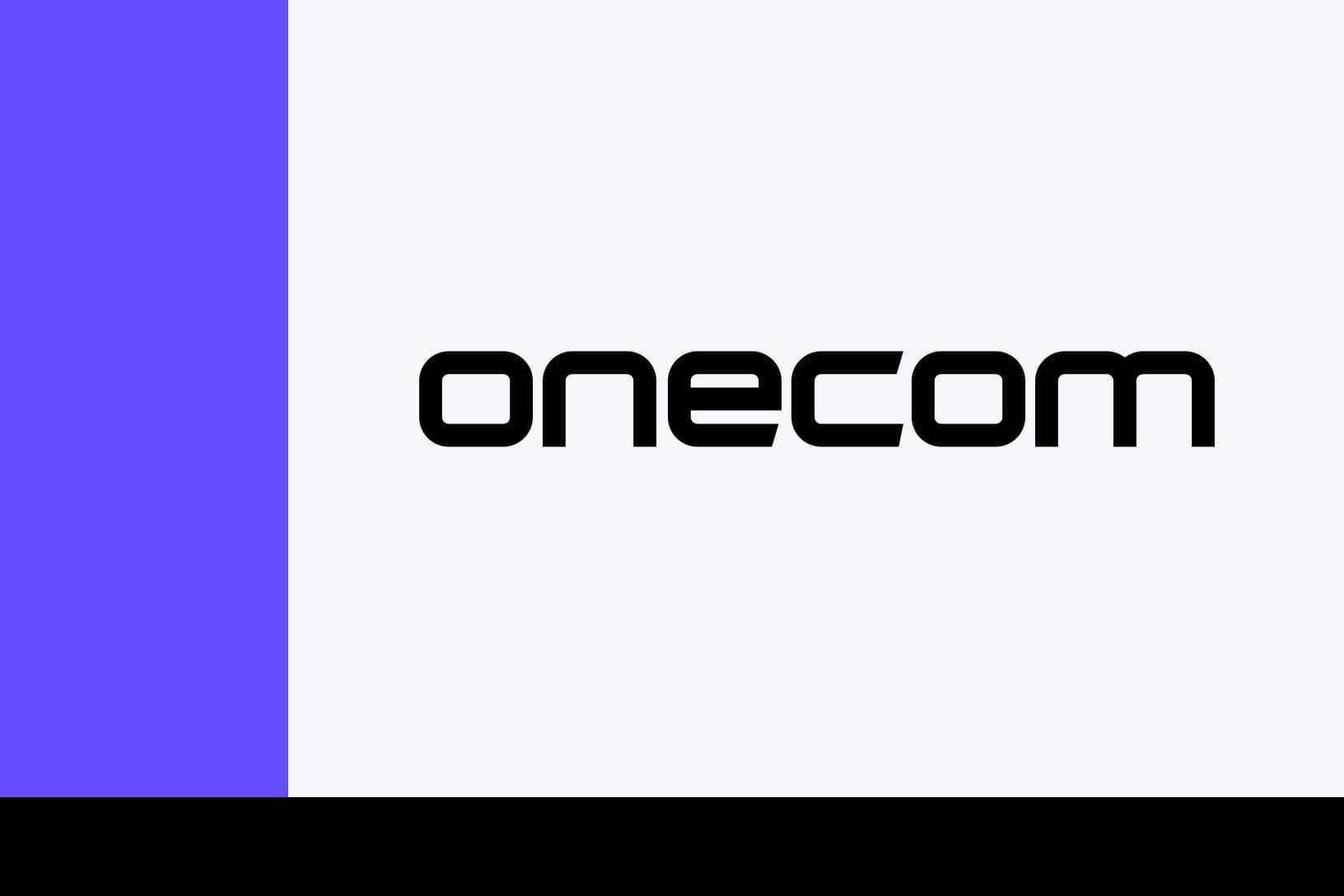Lemonade is the new kid on the block of the insurance industry, disrupting the market as Uber did within the transport sector. Whilst there is not a likeness between Uber and Lemonade in terms of their business purpose, they are both disruptors; one of which has effectively changed the shape of the market and one who has the potential to follow down the same path. This blog looks at who Lemonade are, what they do and how are they challenging conventional and modern market players.
Who is Lemonade?
Lemonade is an American insurance company, providing home insurance to renters and homeowners alike. As an insurance business based on artificial intelligence (AI), their model is far from the norm, providing customers with ultra-fast quotes. They also run on a peer to peer (P2P) system, meaning there is a claims pool which is then used for the funds should a claim need to be paid out. Recently, the company hit global news when they created a new record for the fastest pay-out on a claim, when the case was paid out in three seconds for a customer. The average for the industry is said to be between 30-45 days. On their website, they claim they pay out on claims within 90 seconds and pay on these within 3 minutes which is record time for the industry. Lemonade now holds 28% of market share for the first-time buyers of renter’s insurance in New York.
They also donate back to charitable causes, estimating that 40% of their revenue is given to worthwhile causes that have been chosen by their customers, a new spin on the unclaimed funds.
Branded by Wired as the insurance company with a conscience, Lemonade are seemingly doing well with their CSR pull but underneath it all, are they really that different to other traditional insurance companies?
The Lemonade difference
Unlike their more seasoned competitors, Lemonade have new infrastructure technologies rather than legacy systems, enabling easy adaptation around market trends. Due to Lemonade’s technological efficiency, it’s clear they are finding a sweet spot with the tech natives.
Whilst Lemonade is more adaptable than its legacy competitors, its well-known that they are struggling to get the costs quite right. Legacy competitors are backed by significant funds built over a long period of time, so whilst their profits may not be as healthy as they once were, unlike Lemonade, they are surviving and adapting their business models to meet demand. Price comparison sites are opening up opportunities for these traditional competitors.
Setting themselves apart from other insurtech’s
On the whole, insurtech’s offer ultra-customised policies, and use new streams of data to dynamically price premiums, observing the behaviour of their prospects. In this sense, Lemonade doesn’t have as much to differentiate themselves from some of their insurtech competitors. However, with demand from younger consumers who ever-more-focused on technology use, there is more emphasis placed on insurtech’s in general, helping to increase demand.
Lemonade have recently gone one step further than their competitors with Lemonade API, offering their products to businesses to promote at the checkout. For example, searching for a rental property on an app which could indicate there and then how much the insurance is on the new flat or house.
Technology is key to their success
Like any other online-first platform, Lemonade are heavily reliant on their IT product suite. Whether that relates to the AI aspect of their business model, the application or the integration for contact centres, a consolidated IT strategy is vital. Whilst the younger generation are increasingly more willing to interact with an online platform, there are times when we all need to speak to someone. This element is missing from Lemonade. Is their niche drowning out some of their potential customers? There are situations when even the most tech savvy person wants to talk, so having contact centre interaction that matches innovation is a way forward.
With Lemonade being an online-first business, web interaction needs to form only part of the engagement strategy, allowing customers to interact using their preferred method within an omnichannel contact centre service experience. This is likely to be welcomed by consumers to open avenues of contact points and keeps with Lemonade’s digital-first ethos, whilst providing an enhanced service.
Taking this into the future, from findings in our latest Onecom report, there appears to be consumer demand for AI-driven bots to be integrated into firms, provided it cuts costs. The benefit of having a bot for the business is that it can relieve some of the workload as this then frees up advisors to help on more complex cases, creating cost efficiencies and more agility.
It is clear, certainly in the insurance customers Onecom services, that there is active planning for innovation, whilst taking a measured approach to ensure the foundations are there before diving into a rapid implementation, simply because ‘innovation’ and ‘AI’ are the buzzwords of 2018. It’s with this structured method that these so called ‘traditional’ insurers and brokers will continue to grow and to thrive in a dynamic market, both in the UK and globally.
Want to find out more about the contact centre of the future? Click here
